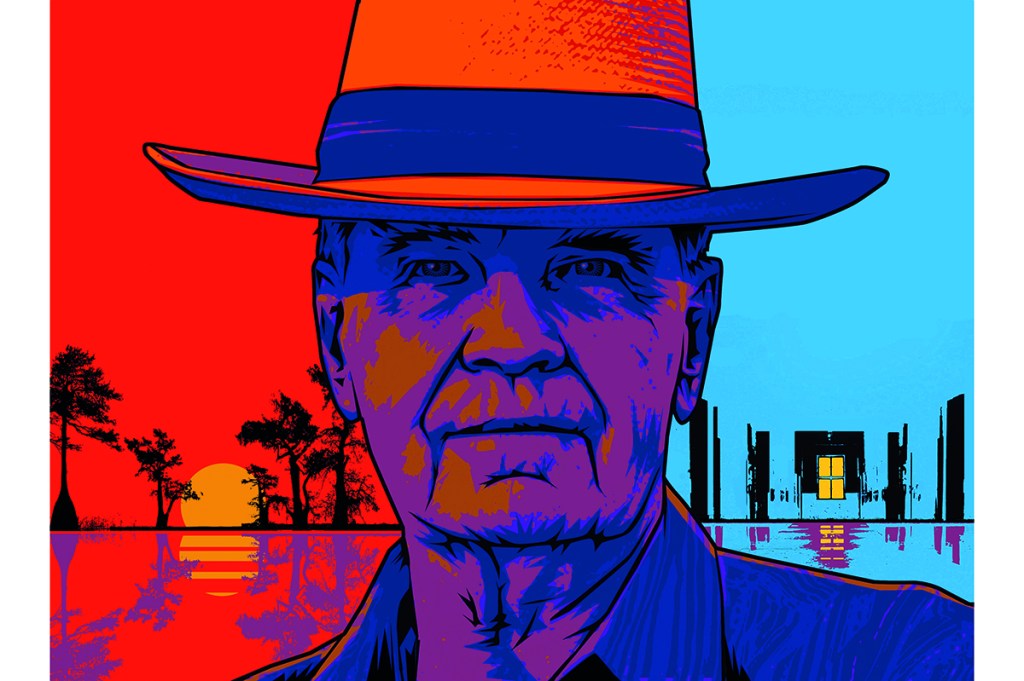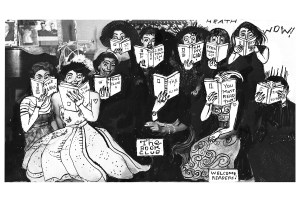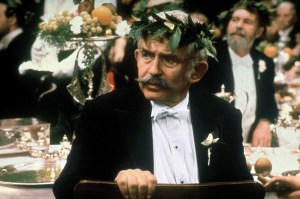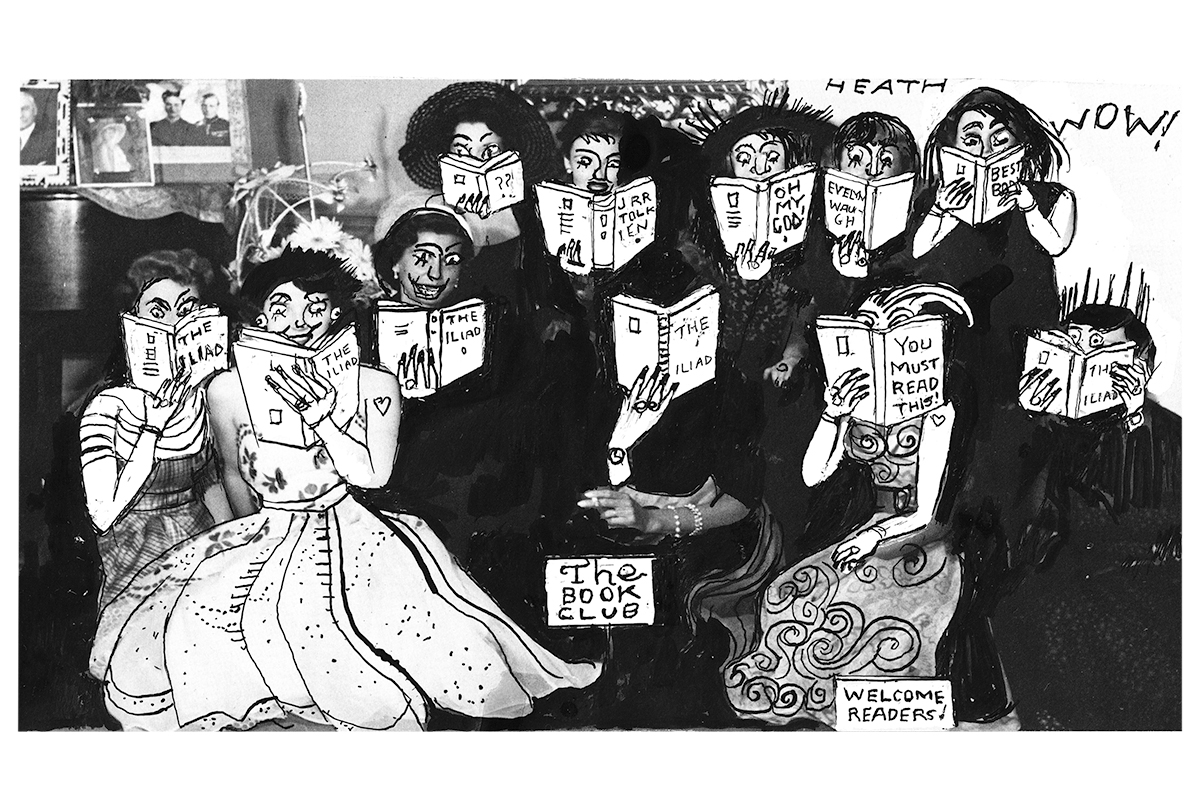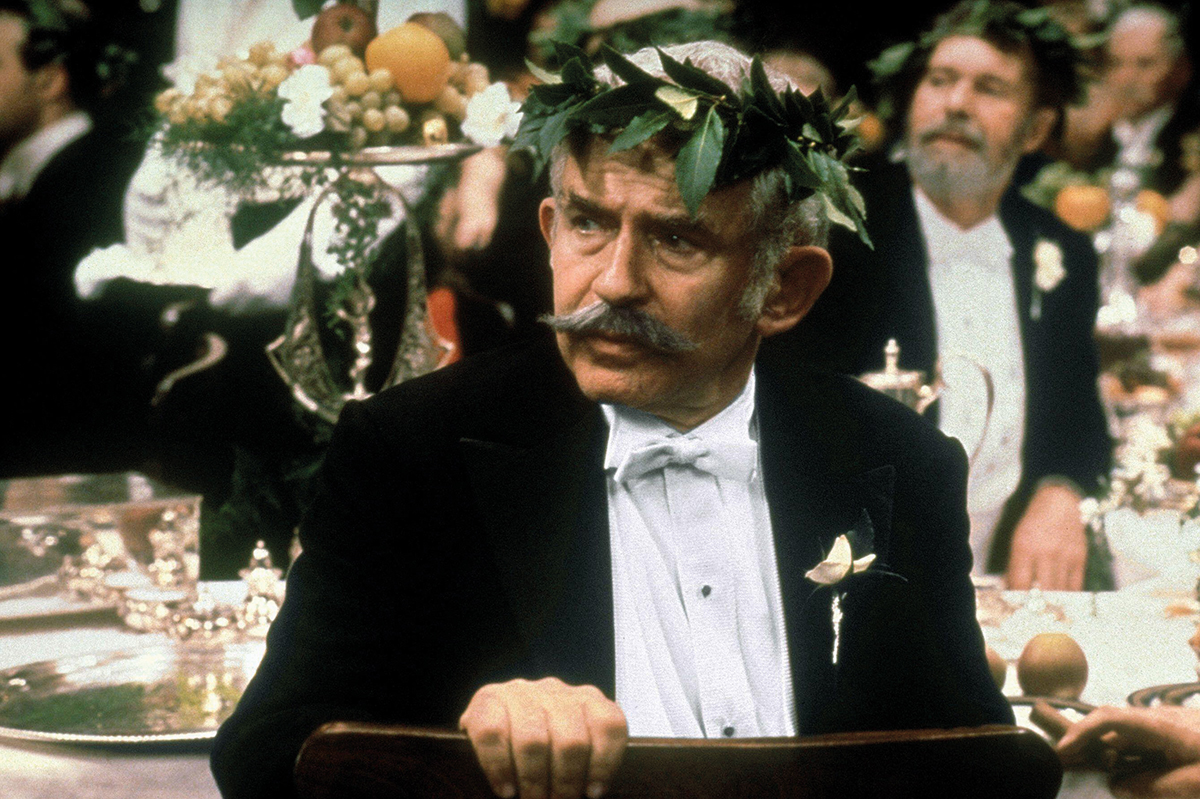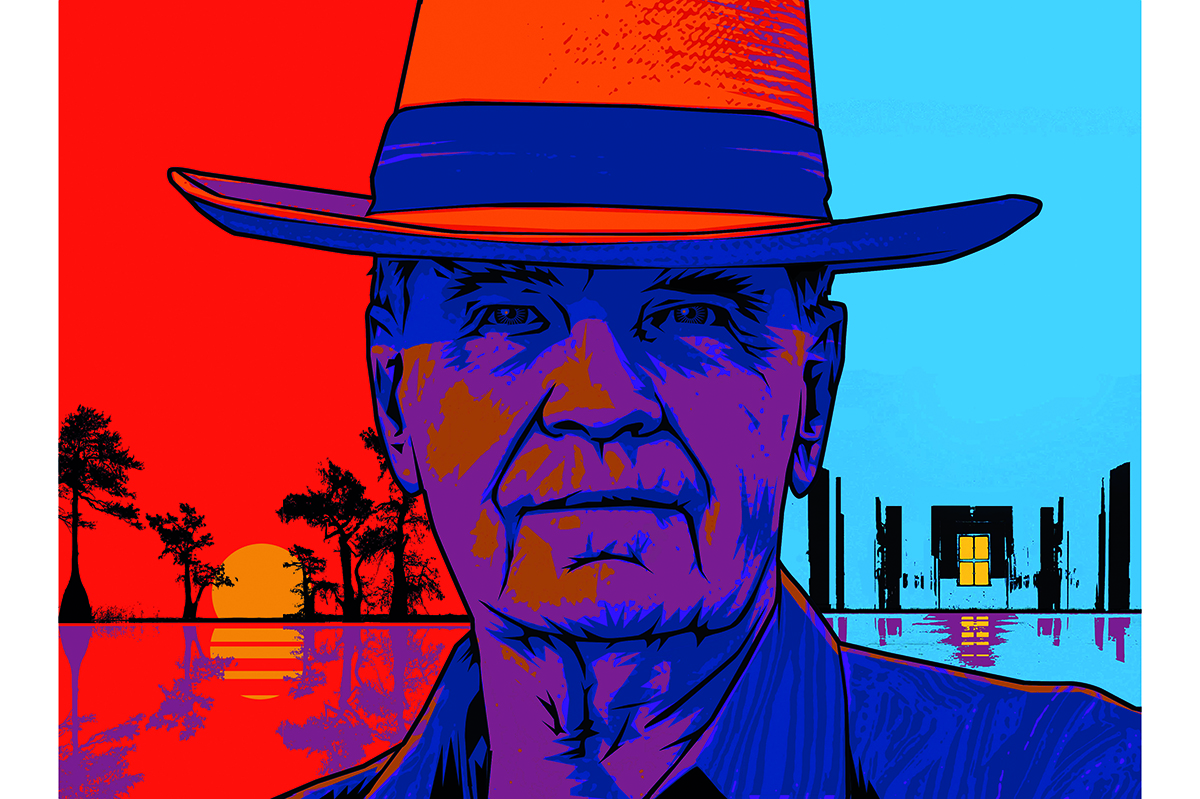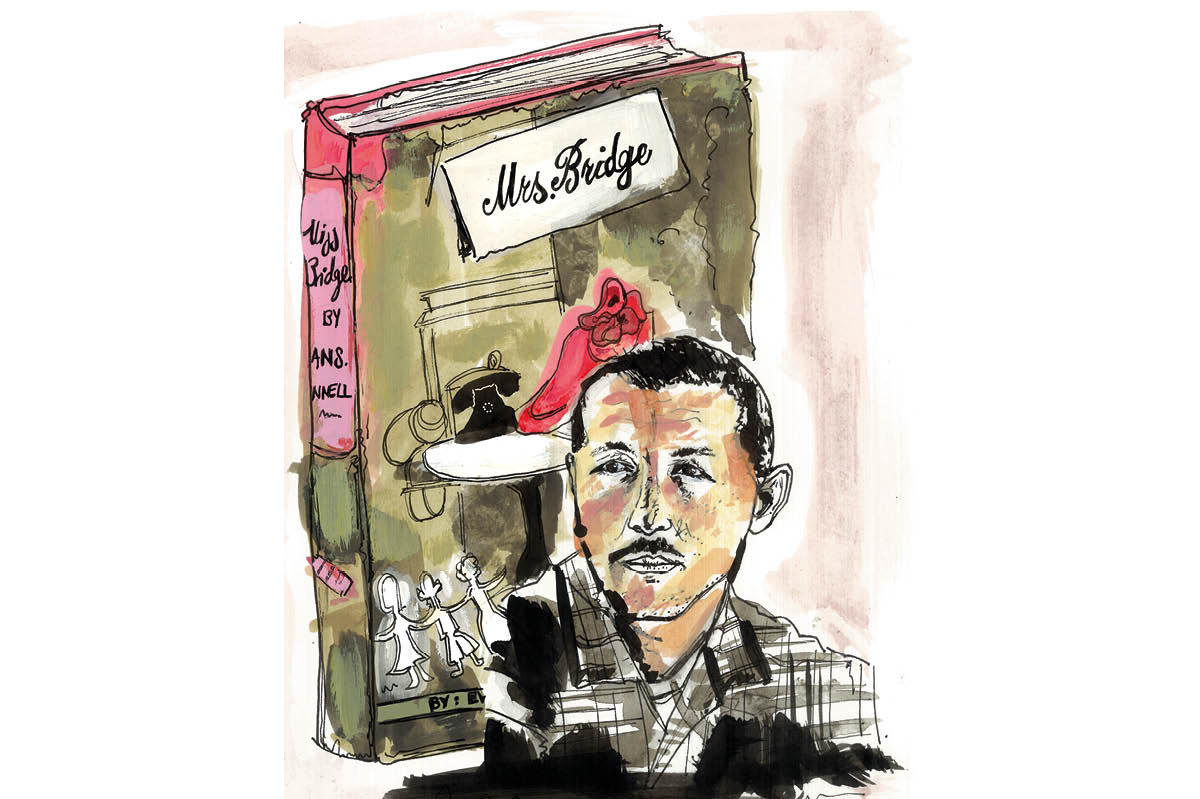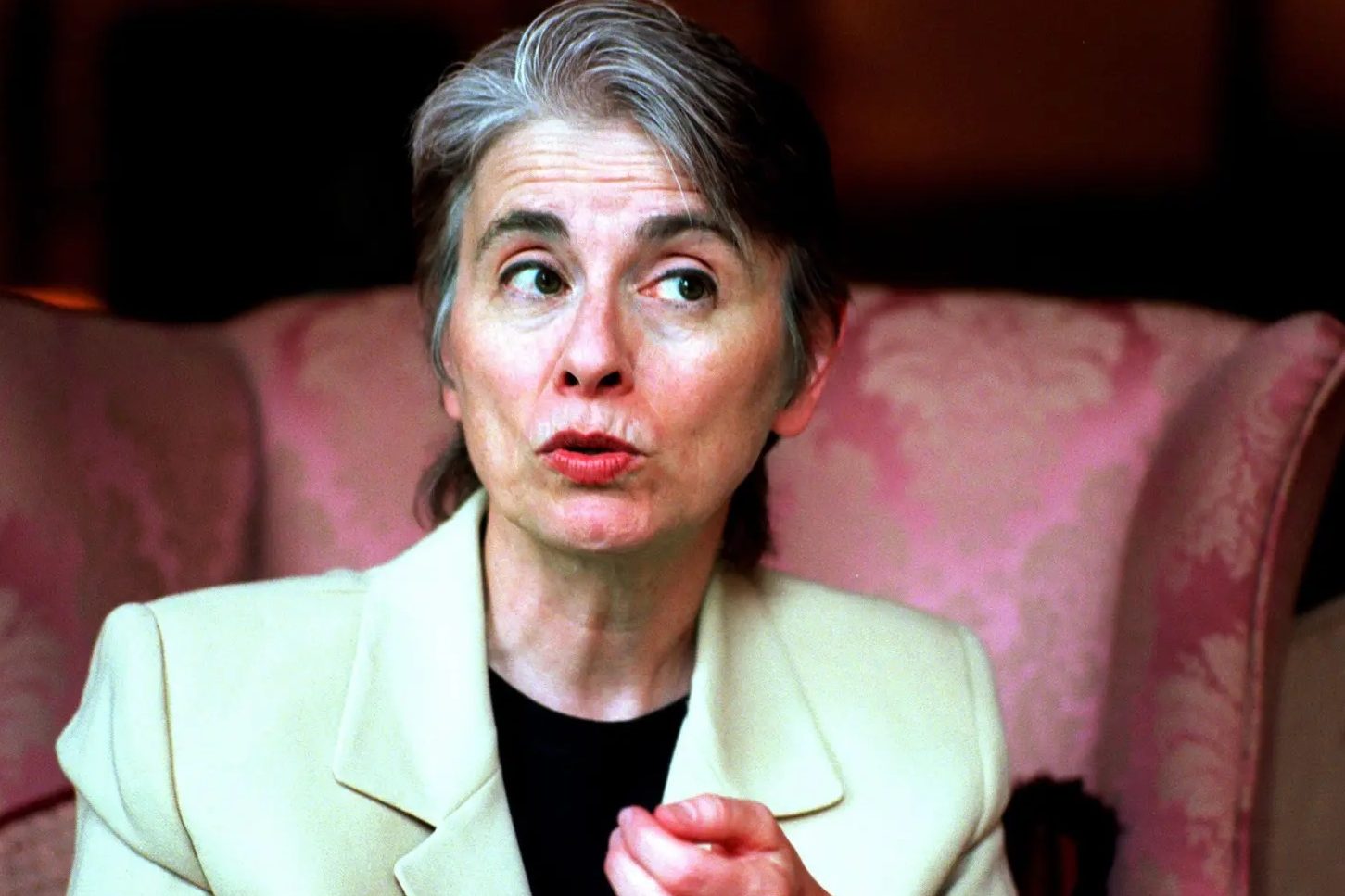Until early this afternoon, Charles Joseph McCarthy Jr. (better known to readers as Cormac) was the greatest living American writer — many would say the greatest living writer, period.
The heir to Melville, Twain, Flannery O’Connor and Faulkner, McCarthy published his first novel, The Orchard Keeper, in 1965 at the age of thirty-two. Set in rural Tennessee, this Southern Gothic fable established the palette he would use to compose his next three novels, each darker than his debut and likewise set in the Volunteer State.
Born in Providence, Rhode Island, McCarthy moved to Knoxville at age five when his father was hired as an attorney for the Tennessee Valley Authority. The South shaped McCarthy’s sensibility and speech: his voice would sound the soft-vowels of east Tennessee for the rest of his life and his characters’ dialogue would be deeply imprinted by the rough poetry and colloquialisms of the region.
Three years before publishing the first of his masterworks, Suttree (1979) — where he does for Knoxville what Joyce did for Dublin — McCarthy moved to El Paso, Texas. Though he had four novels under his belt, none of them had sold more than few thousand copies and he lived on very little money, residing in hotel rooms.
His material fortunes changed in 1981 when he was awarded a MacArthur Fellowship (commonly known as a “Genius Grant”), giving him the resources to write and research his magnum opus, Blood Meridian.
The tale of a gang of Apache scalp-hunters butchering their way through northern Mexico and the American Southwest, Blood Meridian was McCarthy’s first Western, and with it his prose shed its Faulknerian scales, stretched its wings, and soared to new heights of beauty and terror:
They rode on into the mountains and their way took them through high pine forests, wind in the trees, lonely birdcalls. The shoeless mules slaloming through the dry grass and pine needles. In the blue coulees on the north slopes narrow tailings of old snow. They rode up switchbacks through a lonely aspen wood where the fallen leaves lay like golden disclets in the damp black trail. The leaves shifted in a million spangles down the pale corridors and Glanton took one and turned it like a tiny fan by its stem and held it and let it fall and its perfection was not lost on him. They rode through a narrow draw where the leaves were shingled up in ice and they crossed a high saddle at sunset where wild doves were rocketing down the wind and passing through the gap a few feet off the ground, veering wildly among the ponies and dropping off down into the blue gulf below. They rode on into a dark fir forest, the little Spanish ponies sucking at the thin air, and just at dusk as Glanton’s horse was clambering over a fallen log a lean blond bear rose up out of a swale on the far side where it had been feeding and stared at him with dim pig’s eyes.
This gorgeous paragraph bears all the hallmarks of the style McCarthy invented for his Western novels: lyrical and precise, it uses sentence fragments like impressionistic snapshots and the rhythms of the King James Bible, a world of finely stitched detail, sewn together with the coordinating conjunction, and.
On publication in 1985, Blood Meridian confused reviewers and its ultraviolence horrified them. It also did not sell. Not yet.
But McCarthy was at work on a trilogy about cowboys in Texas and New Mexico, set in the mid-twentieth century, and when the first volume, All the Pretty Horses, appeared in 1992, it became an instant New York Times Bestseller. It won that year’s National Book Award in Fiction and was a finalist for the Pulitzer. For the rest of his life, each of McCarthy’s novels would be bestsellers. 2006’s The Road was awarded the Pulitzer Prize.
The success of All the Pretty Horses put all McCarthy’s previous novels back in striking new paperback editions and many readers discovered Suttree and Blood Meridian for the first time. Both are now widely regarded as masterworks and readers are always buying them (the latter book is currently at #505 in Best Sellers Rank on Amazon: a slot most novelists would kill for).
Four of McCarthy’s novels have been adapted for the screen, most notably the Coen brothers’ No Country for Old Men which received the Academy Award for Best Picture — a ceremony McCarthy attended. When the Coens won their much-deserved Oscar, McCarthy stood up and applauded enthusiastically.
McCarthy has been married three times, and three times divorced. His son, John Francis, was born in 1999 and was with his father today when McCarthy died of natural causes — he would have been ninety years old next month. Together, the father and his twenty-four-year-old son were writing the screenplay for John Hillcoat’s upcoming film adaptation of Blood Meridian, a project on which both had been named as producers.
McCarthy leaves a literary legacy unlike any writer in my lifetime. I’m unaware of another novelist of the past fifty years who has inspired so many writers of my generation or been as imitated. His stylistic voice could be deafening and, indeed, has drowned out whatever voice many writers thought they had. McCarthy was a literary father to me and a great many others. Knowing that he walked the earth made us feel as though what we aspired to be was achievable.
He’s often been accused of nihilism — usually by people don’t understand his work. There is much darkness in his fiction, but also a great deal of light: friendship, love, devotion, sacrifice, humor, wisdom, achingly-beautiful prose.
At the end of Blood Meridian the novel’s villain asks the protagonist, “Of whom do we speak when we speak of a man who was and is not?”
Today, I speak of someone whose words and whose work are as brilliantly alive as they were yesterday, as they will be tomorrow.



